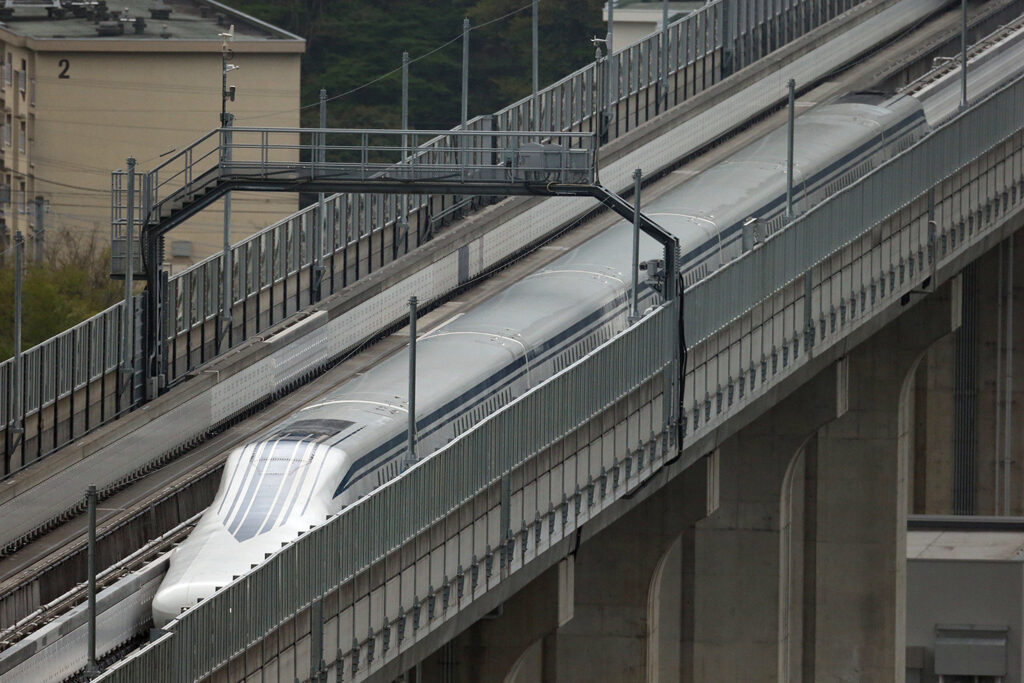
- ARAB NEWS
- 31 Jul 2025

Tokyo: Tokyo District Court on Tuesday dismissed a lawsuit seeking to revoke government approval for Central Japan Railway Co. (JR Tokai) to build a Chuo Shinkansen magnetic levitation line.
In the lawsuit, the plaintiffs, about 250 people including those who live near planned construction sites, claimed that the approval was illegal, citing the possibility of tunneling work causing streamflow declines and negatively affecting the ecosystem.
They also argued that noise and vibration issues could arise once the maglev line is put into operation.
In Tuesday’s ruling, the court said that the government’s decision to approve the project after evaluating JR Tokai’s efforts to mitigate the project’s negative effects “cannot be found to be significantly lacking validity.”
The court noted that JR Tokai considered ways to channel any water springing out in tunnels into rivers and drew up a plan to build noise barriers.
The government approved JR Tokai’s construction plans for sections between Shinagawa Station in Tokyo and Nagoya Station in Aichi Prefecture, central Japan, in October 2014 and in March 2018.
The goal of the maglev line project is to connect Tokyo and the western prefecture of Osaka.
The lawsuit previously had about 780 plaintiffs, but the court issued an interim ruling in December 2020 denying eligibility as plaintiffs to about 530 people who claimed that they had rights as passengers to benefit from safe train service and the natural environment of a mountain range known as Japan’s Southern Alps, through which the maglev train line is planned to run.
After Tuesday’s ruling, Teruo Kawamura, the 76-year-old head of the plaintiff group, said at a press conference that the group will appeal the court decision.
“The judges didn’t take into account the fact that JR Tokai hasn’t addressed the project’s fundamental problems–damage to residents, environmental impact and safety risks,” Kawamura said.
JIJI Press